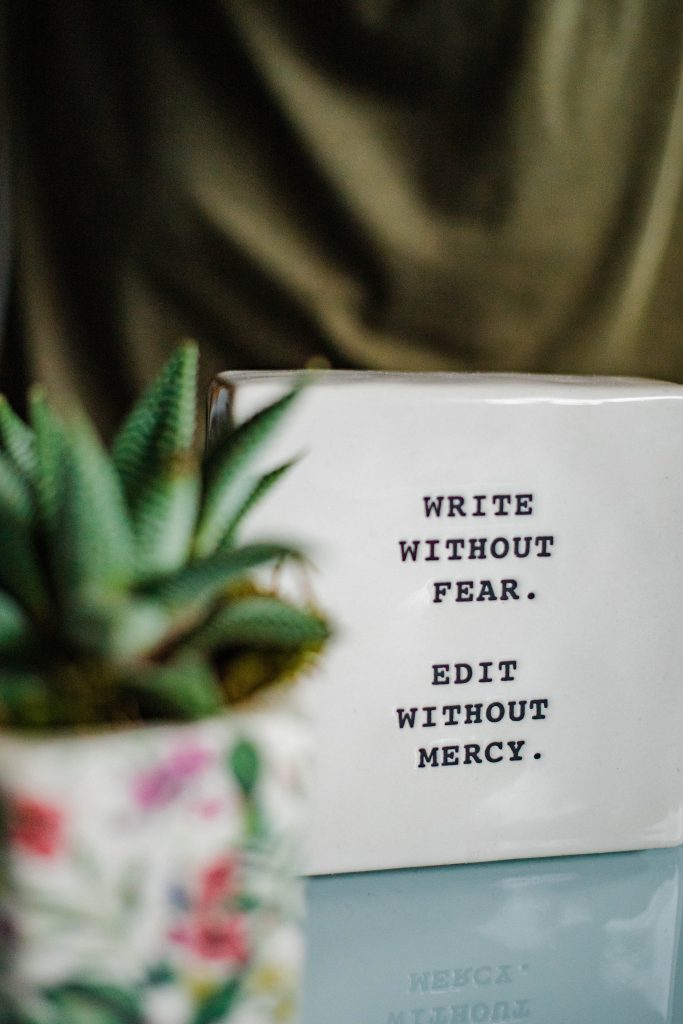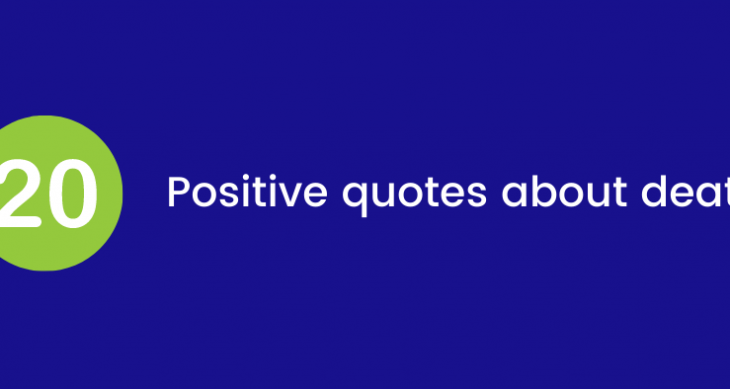
- Posted on
- Comments 0
How to Write a Great Obituary That Prevents Identity Theft
Obituaries are meant to celebrate your loved one’s life, not be an excuse for identity theft! However, the sad truth about obituaries is that they’re often the source of valuable information in the hands of thieves looking to commit identity theft after someone has passed away. In fact, 2.5 million identities are stolen post-death every year. Luckily, there’s no set format for obituaries, but this can also create new challenges if you’re staring at a blank page wondering what to write. This helpful guide helps you write an obituary that tells a vibrant life story, while taking steps to prevent would-be thieves from stealing your loved one’s identity after they die.

The Power of Storytelling
The power of storytelling is intrinsic to our culture. It’s how we remember history, share lessons, and inspire others. A great obituary should include things like who they were, what they loved, and why they mattered—without helping potential criminals understand how to steal someone’s identity. Luckily, you can tell great stories about your loved ones, and include relevant details, without divulging information that can get their identity stolen.
You can find a variety of methods online to help you learn storytelling, but most of them have a similar focus, which lends itself well to an obituary: find the high (most emotionally compelling) point of the story and build from there. Often this means adding additional information to explain how you got to that high point, but once you’ve written out the story, go back and remove as many words and as much extraneous information as you can. There’s no minimum word requirement for an obituary, and readers will appreciate that you concentrated your story to its maximum impact.
Luckily, you can tell great stories about your loved ones, and include relevant details, without divulging information that can get their identity stolen.

Questions to Get You Started
Obituary writing, especially when you approach it from a storytelling point of view rather than a recitation of life dates and work experience, will take time and focus. Here are some questions to start your obituary writing:
- What are the first three words that come to mind when you think of the person you’re writing about? Why those three?
- What were they most passionate about?
- What were ways they gave back to the community?
- What story best demonstrates their love for their family?
- If you close your eyes and remember your favorite moment with the person, why is that your favorite?
- What’s the silliest thing you remember the person doing?
- What’s the most loving thing you remember the person doing?
- What lessons have you (or their loved ones) learned from them?
- What were the values they held most dear?

Protecting Personal Information
Commonly, an obituary will include personal details like date of birth and date of death, full names of their family members, places they’ve worked, and where they lived. However, when you think about the most commonly-asked questions to set up an account online, or access an existing account, often date of birth and mother’s maiden name are used as personal identifying information. By including these details in an obituary, you create an opportunity for thieves to steal the identity of the person who passed, and/or their family members.
The good news is, you can include relevant details without divulging much (if any) personal identifying information. Instead of including the full date of birth, just list the year. Instead of city and state of birth, list the area (e.g., instead of “Ellen was born in Seattle, WA”, say “Ellen was born in the beautiful Pacific Northwest”). Instead of the full names of children or siblings, just list first names. Most importantly, focus on the story of their life, rather than reciting biographical details.
Things to Consider
Once you’ve written the draft of the obituary, read through it one more time and imagine it from the perspective of a potential identity thief. Watch for specific personal identifying details that someone could leverage to open or access an account, or guess online passwords (could this information be a security question?)
The best obituaries allow those who knew the person well to remember them fondly, and helps those who didn’t know the person well to connect with them and their family. While there are customarily certain biographical details included, the personal identifying information isn’t what will make your obituary great. Telling a compelling story is what will make a great obituary.
Oh, and as for what not to do? Don’t let this bot write your obituary:
Even though you don’t want your personal information in your obituary, your family does need to know important details to help preserve your legacy and settle your assets, and in today’s digital world, they will be locked out if you don’t plan ahead. Take advantage of Easeenet’s free trial to help your family and protect your legacy in three minutes!








